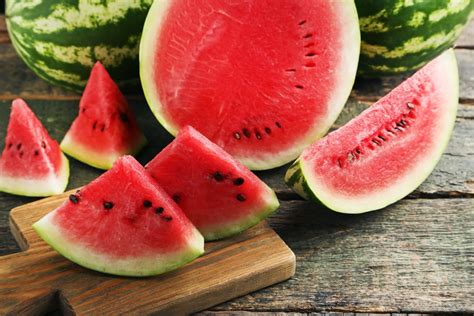What specific nutritional strategies are particularly beneficial for men to support prostate health?

Understanding Prostate Health Through Nutrition
Maintaining a healthy prostate is a crucial aspect of men’s overall well-being, particularly as they age. While genetics and lifestyle factors play a role, diet stands out as a powerful and modifiable tool for supporting prostate health. Specific nutritional strategies can significantly influence the risk of developing common prostate conditions, including benign prostatic hyperplasia (BPH) and prostate cancer. By incorporating certain foods and limiting others, men can proactively nourish their prostate gland.

The Power of Plant-Based Foods and Antioxidants
A diet rich in fruits, vegetables, and whole grains is foundational for prostate health, primarily due to their high content of antioxidants, fiber, and various phytochemicals that combat inflammation and cellular damage.
Lycopene: The Red Protector
Lycopene, a potent antioxidant, is abundant in red and pink fruits and vegetables. Research suggests that lycopene may help reduce the risk of prostate cancer by preventing DNA damage and inhibiting cancer cell growth. Cooked and processed tomato products, such as tomato paste, sauce, and juice, are particularly good sources, as the cooking process makes lycopene more bioavailable.
Cruciferous Vegetables and Phytonutrients
Vegetables like broccoli, cauliflower, Brussels sprouts, and kale contain sulforaphane and indole-3-carbinol, compounds known for their anti-cancer properties. These phytonutrients can help detoxify harmful substances and may inhibit the growth of prostate cancer cells. Aim for several servings of these nutrient powerhouses each week.

Essential Fats and Micronutrient Guardians
Beyond broad food categories, specific fats and micronutrients play targeted roles in prostate health.
Omega-3 Fatty Acids for Inflammation
Omega-3 fatty acids, found in fatty fish (salmon, mackerel, sardines), flaxseeds, and walnuts, are renowned for their anti-inflammatory properties. Chronic inflammation is implicated in prostate enlargement and cancer development, making omega-3s a valuable dietary component. Conversely, a high intake of omega-6 fatty acids (common in processed foods and certain vegetable oils) can promote inflammation, so maintaining a healthy balance is key.

Zinc and Selenium: Micronutrient Guardians
- Zinc: The prostate gland contains high concentrations of zinc, which plays a role in immune function and hormone regulation. Zinc deficiency has been linked to prostate issues. Good sources include oysters, lean red meat, poultry, beans, nuts, and whole grains.
- Selenium: This trace mineral is a powerful antioxidant that may help reduce prostate cancer risk. Brazil nuts are an excellent source; just a few nuts can provide the daily recommended intake. Other sources include seafood, poultry, and whole grains.
Beverages and Lifestyle Choices
What you drink and other dietary habits also significantly impact prostate health.
Green Tea’s Protective Compounds
Green tea contains catechins, particularly epigallocatechin-3-gallate (EGCG), which have shown promising anti-cancer effects in various studies. Regular consumption of green tea may help protect prostate cells from damage and inhibit the growth of abnormal cells.

Dietary Habits to Limit
To maximize prostate health benefits, it’s also important to reduce or limit certain foods:
- Red and Processed Meats: High consumption has been linked to an increased risk of prostate cancer. Opt for lean protein sources like fish, poultry, and plant-based proteins.
- High-Fat Dairy Products: Some research suggests a link between high dairy intake (especially high-fat) and an increased risk of prostate cancer, possibly due to calcium and growth hormone content.
- Saturated and Trans Fats: These unhealthy fats, found in fried foods, processed snacks, and some animal products, can promote inflammation and should be limited.
- Excessive Alcohol: Heavy alcohol consumption can negatively impact overall health, including prostate health. Moderate intake, if any, is recommended.

Conclusion
Adopting specific nutritional strategies is a proactive and effective way for men to support prostate health throughout their lives. Prioritizing a diet rich in fruits, vegetables, whole grains, healthy fats, and specific micronutrients while limiting processed foods, unhealthy fats, and excessive red meat can significantly contribute to a healthy prostate. Consult with a healthcare professional or a registered dietitian for personalized dietary advice, especially if you have existing prostate concerns.








